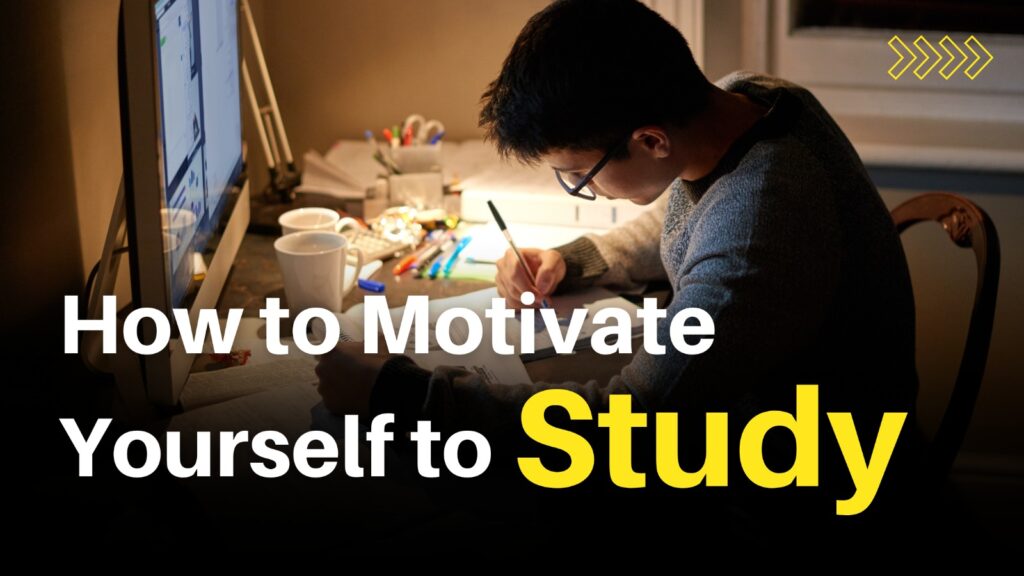A new semester is like opening the door to a world of opportunities where education and growth are possible daily. As students, we always seek methods to improve our academic achievement and intelligence. But more is needed than simply textbooks and lecture notes if you want to fully take advantage of this chance. Whether you’re a senior student or a beginner, you need a toolset of efficient study methods and approaches to help you get through the semester with assurance and effectiveness. The following ten tips will assist you in achieving your intellectual goals.
10 Tips to Become Smarter this Semester
-
Cultivate Curiosity
The motivation behind intellectual exploration and discovery is Curiosity. It’s our natural urge to learn more and understand the world we live in. Studies show that people who take care of their Curiosity are generally more keen to study and have higher levels of intellectual interest. Take part in activities that stimulate your Curiosity if you want to use this attribute to your advantage. Ask insightful questions, explore subjects outside of your syllabus, and have an open mind to fresh viewpoints.
-
Read Widely
Reading is one of the foundational abilities that sets the stage for intellectual development. You can expose yourself to a variety of viewpoints, concepts, and ideas by reading broadly across a range of fields. This broadens your knowledge and improves your capacity for critical thought. Make it a habit to read regularly whether it’s books on academia, fiction, or articles about topics linked to your field of study. To extend your horizons, set aside a specific period each day to read and try both fiction and non-fiction.
-
Develop Critical Thinking Skills
The capacity for efficient information analysis, evaluation, and synthesis is known as critical thinking. It calls for abilities like logical analysis, reasoning, and problem-solving. Developing critical thinking abilities is necessary for generating well-reasoned arguments, coming to informed conclusions, and completing challenging academic assignments. Develop this ability by actively engaging with the course material, challenging assumptions, and looking for proof to back up your claims. Participate in conversations and debates as well to hone your critical evaluation skills of opposing points of view.
-
Take Notes Effectively
Taking notes during the learning process is essential as it helps in information retention and reinforces important topics. However, not every technique for taking notes is made equal. Try a variety of note-taking techniques to see which works best for you. To see which works best for you, such as mind mapping, the Cornell method, or electronic note-taking tools. Choose the most effective technique for you, and make sure your notes are clear, concise, and readily available for future use. You can strengthen your understanding of the subject matter by going over and editing your notes regularly.
-
Engage in Active Learning
Activities that involve active student participation in the learning process as opposed to passive information absorption are referred to as active learning strategies. Research shows that active learning encourages higher knowledge, retention, and application of knowledge. Include in your study schedule activities like group discussions, problem-solving exercises, and practical experiments. These methods encourage teamwork, critical thinking, and creativity and make learning more interesting.
-
Practice Time Management
Time management skills are important for both general wellbeing and academic performance. Gaining proficiency in this skill is essential for both keeping a balanced lifestyle and meeting your academic goals since many responsibilities compete for your attention. Make efficient use of tools like calendars, planners, and to-do lists to arrange your timetable and set priorities. Make sure to arrange time for rest and self-care in addition to specific times for studying, attending classes, and participating in extracurricular activities.
-
Seek Feedback
Feedback is an important tool for growth and advancement. Constructive Feedback, whether it comes from mentors, peers, or professors, helps you identify your areas of strength and growth. Accept Feedback as a chance for improvement and learning. Seek helpful Feedback on your presentations, assignments, and academic achievement. Utilize this information to pinpoint areas where you may improve your knowledge and abilities. Furthermore, be open to Feedback and make an effort to incorporate recommendations for improvement into your work.
-
Embrace Failure
Failure is an integral part of learning and should be seen as a platform for achievement rather than a setback. Accepting Failure promotes adaptation, resilience, and a growth mentality. Instead of being afraid of failing, see it as a chance for improvement and education. Examine your errors, draw important lessons from them, and apply them to future attempts to improve. Recall that Failure is ordinary for even the most successful people who have achieved achievement.
-
Foster a Growth Mindset
A growth mindset promotes the idea that intelligence and talent can be improved with commitment and work. When faced with challenges, those who have a growth mentality are more driven, resilient, and resilient. Develop a growth mentality by accepting challenges, seeing failures as teaching moments, and appreciating both your efforts and your successes. Adopt a positive outlook on ongoing growth and development and place more emphasis on the learning and improvement process than just the final product.
-
Take Care of Yourself
Maintaining one’s general wellbeing and academic success requires self-care. Make it a priority to engage in activities that support your physical, mental, and emotional health, such as regular exercise, restful sleep, a balanced diet, and relaxation methods. Sustaining long-term success and fulfillment requires striking a balance between learning and personal wellbeing. Make self-care an essential part of your routine, and never forget to pay attention to your body and mind.
Conclusion:
To succeed academically, you need to develop a variety of strategies, abilities, and mindsets. You can improve your cognitive abilities and do well in your academics by being curious, reading widely, learning how to think critically, and accepting Feedback and Failure. Long-term academic achievement and general wellbeing also depend on developing a growth mindset, prioritizing self-care, and using efficient time management techniques. Putting the above recommendations into practice will support your intellectual development throughout your academic career in addition to improving your performance in the classroom.
Written by: Adeeba Shah



